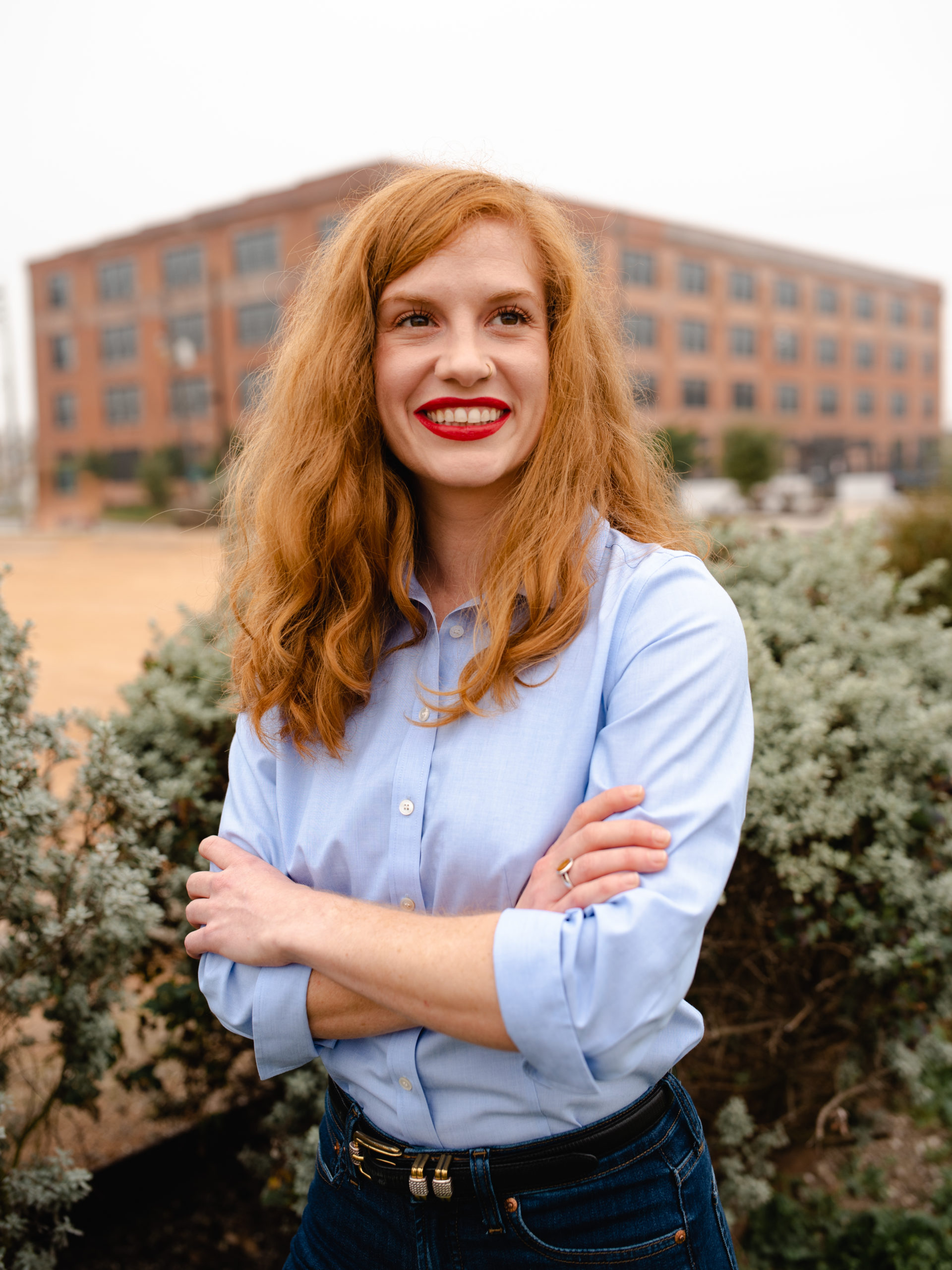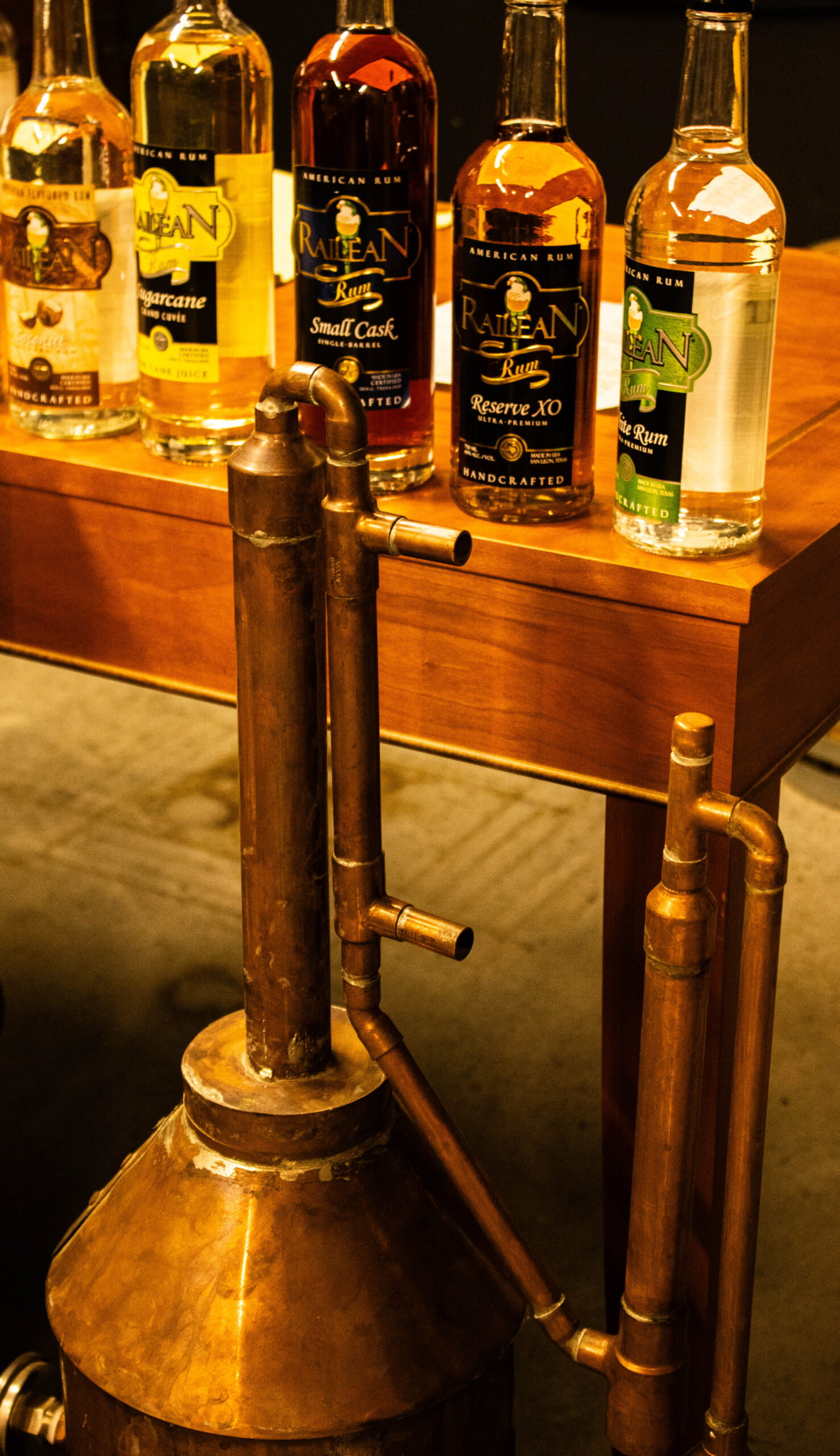ustxtxb_obs_1977_11_04_50_00013-00000_000.pdf
Page 7
-AND 710/ NE MERCEDES BRINE XIVN! RIGHT 71 RE /N FRONTOF71E SUE CLUB! MICK a/AS ASECtMLY vaeits&A., The Texas Law Center Minding the store Sen. Lloyd Bentsen reports that the number of self-employed businessmen and women in the country dropped from 10.7 million in 1948 to 7.1 million in 1972. One reason for the decline, he says, is a burdensome and inequitable tax structure: “The fact that small companies don’t have enough money to hire sophisticated tax lawyers and accountants puts them at a competitive disadvantage with larger firms, which are in a better position to make use of all existing tax incentives.” Bentsen is considering legislation to cut the tax burden of small enterprises. Thanks, we needed that 4, This month’s “Protector of Public Propriety” medal, with Anita Bryant Orange-Blossom Garland, has been won by the Fort Worth Star Telegram. Censors there are cited for their good eye and quick reflex, which allowed them to catch and excise the word “damn” from one of the panels of a Sept. 18 “Doonesbury” comic strip. Hill coming on strong 4, John Hill backers got a considera ble boost in October when a new statewide poll commissioned by the Hill campaign showed the gubernatorial challenger gaining dramatically in his bid to unseat incumbent Dolph Briscoe. The poll is the third taken in the last year by the Dallas firm of Louis, Bowles and Grove, and it reveals the following changes in the preferences expressed by potential voters in next spring’s Democratic primary: Nov. June Oct. 1976 1977 1977 Prefer Briscoe 44% 43% 39% Prefer Hill 22% 26% 31% Prefer Smith 5% 6% 6% No preference 29% 25% 24% The significance lies not so much in Hill’s nine percent gain \(he would be expected to pick up such support as the it does in Briscoe’s five percent loss. It isn’t good to go backward, even when you’re the incumbent with a lot of bucks to spend. It is also noteworthy that the gap in voter preference between the two men has closed from 22 percent to eight percent in just a year. Hill’s staff has been maintaining for some time that the most decisive factor in the race will be the voters’ reluctance to keep one man in the governor’s mansion for ten years, as would be the case if Briscoe wins re-election. Last month’s poll results tend to confirm this: 68 percent of potential Democratic voters queried found a decade of any one governor to be “not so good.” Other poll findings suggest that the major 1978 issue will be Dolph himself: the number of Democratic voters who say they want to consider someone besides the current governor has risen from 40 percent last November to 51 percent this October. Among voters’ unfavorable reactions to Briscoe, the most commonly expressed included: “A do-nothing governor,” “Has done nothing for Texas,” “Not fulfilling his jobspends most of his time in Uvalde,” “He is not a big enough person to handle his responsibilities,” “Has forgotten the common class of people,” “Briscoe is incompetentnot very bright.” Briscoe’s unfavorable rating among Democratic votersa key measurement in politicsis a very high 45 percent. The governor claims he will be reelected on his record, but the response to a free-wheeling poll question”What should the state government in Austin be doing to help make things better in Texas?”doesn’t indicate that five years of Briscoe has put people at ease even on the major, self-promoted points of his administration: high and unfair taxes, the welfare “mess,” high utility bills, confusion about energy policy, low-grade public education, and high unemployment were uppermost in people’s minds. Finally, the pollsters asked the big question: all things considered, if the election for governor were held today, and the choices were Briscoe, Hill and Smith, how would you vote? Briscoe took 37 percent, Hill 33 percent, and Smith 6 percent; 24 percent said they were undecided. Time, gentlemen! On New Year’s Day, there proba bly won’t be a platoon of deputy constables piling law books on the curb in front of the State Bar’s headquarters in Austin, but something untoward has got to happen. On Dccember 31, a $3.9 million note on the legal establishment’s new buildingthe Texas Law Centerfalls due, and the Bar isn’t in any position to meet it. Since a July 5 Internal Revenue Service ruling that contributions to the Bar are not tax deductible, fundraising for the Law Center has dried up. American National Bank in Austin holds a mortgage on the building as security for their note, but many lawyers contend that the Bar had no legal authority to mortgage state property, which the Law Center is. Unless the bank agrees to renegotiate the note, the Bar’s choices are limited. Its board of directors can submit a referendum on Law Center financing to all Texas lawyers, seeking the power to spend dues money on the building. However, the board had promised earlier not to go that route and, even more important, lawyers voted down the board’s last dues increase proposal two to one. The Bar could ask the Legislature for a public bail-out, but the lawmakers will not be in session before the Dec. 31 deadline. Finally, the Bar could default, leaving the bank with a court fight over a mortgage that may not be legal in the first place. But with the State Bar coming up for possible abolition under provisions of the sunset bill passed last session, Bar leaders are not eager to have such a blot on their record. H. C. Pittmann, the executive director of the State Bar throughout the time this dilemma was in the making, has resigned as ofDecember 31, doomsday. Pittman will join the Austin law firm of Brown, Maroney, Rose, Baker and Barber, which represents American National Bank. Small world. One of the firm’s partners, Howard V. Rose, is trustee on the instrument securing the bank loan. Rose will be responsible for evicting his fellow lawyers on behalf of the bank if the Bar should default. THE TEXAS OBSERVER 13


